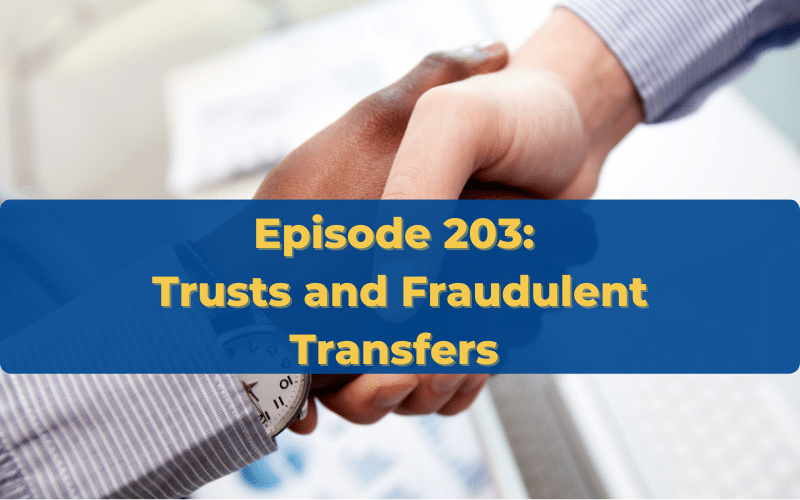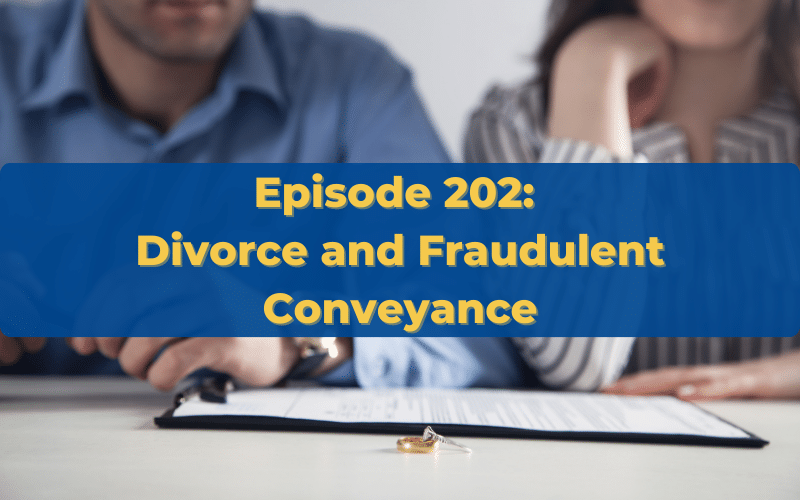Podcast: Play in new window | Download | Embed
Subscribe Apple Podcasts | RSS | Subscribe:
Real estate is always evolving and encompasses a variety of different moving parts, which is part of what can contribute to weird real estate issues. Real estate lawyers have long since found a number of title, lien, and possession issues with some unusual circumstances that have made for interesting cases over the years. To help give readers an idea of what weird real estate issues can look like, we have put together a list of what some of those scenarios might be.
What Weird Real Estate Can Look Like
When you are talking about what weird real estate can look like, the sentiment is a bit of an oxymoron because it is not the real estate itself that is weird. Typically, a real estate related issue such as title, ownership, or possession of a property is what can become the basis for the weird factor.
For example, if someone is seeking title insurance for a property it is so the title insurance company can ensure the fact that buyer or lender received a clear title that prohibits the following:
- Anyone from coming to take the property from them
- An easement messing up the planned usage of the property
- A lien that would have to be paid
The three different areas of real estate that become important in these scenarios include:
- Who has the title?
- Are there any liens?
- Who has possession?
Realistically, any of the above three areas of real estate could potentially be a problem.
How Who Holds the Title Can Become an Ingredient for Weird Real Estate
If a title holder acquires a title by making an illegal loan (one that requires the former owner to give the lender a deed), there is a provision in Texas law that says that is void. If the current owner of the property suddenly tries to evict the homeowner of more than twenty years, it becomes a battle between the title holder and the person in possession of the property. It also creates a problem for the lender who is now not getting paid and is facing questions as to whether their lien on the property is valid.
The Connection Between Weird Real Estate and Easements
Sometimes there could be an easement which may allow someone who does not possess or own the property to still use the property. Many times, this is not an issue because it is common to have an easement for someone like the power company so power lines go to the house.
The problem can happen when the usage of a property cuts off access to the property. If someone else has the right to use the front part of a property and does so constantly in a way that interferes with a person’s rights to the property, it can create a problem.
There are some legal mechanisms to deal with this although they are not foolproof. If access to the property is restricted due to an easement, it will either be necessary to deal with the easement holder or for the owner to simply find an alternative point of access, which typically devalues the property.
It is worth noting that easement issues can develop over time. For an example, what used to be an easement on a person’s property for two or three families to make their way to church once a week through an area can become tricky when years later a subdivision is established and grows, as now it yields dozens of people crossing over that same property to get to church.
Potential Issues with Estates and Trusts
If a person passes, a will generally makes it easier to determine who gets possession of a property. Without a will, the rights to a property can become a gray area because it involves searching for family and heirs and such.
Should there be no will, but thirty family members or potential heirs were found, it requires either:
- Getting all thirty people to agree on what to do with the property, or
- Taking the battle to court for partitioning of property, the sale of the property, and distribution of the purchase funds
Trusts are no stranger to weird real estate issues either. If a trust is the owner of a piece of property, then it requires you to deal with the trustee, who will be governed by a trustee agreement or document. This legal document will dictate what the trustee is allowed to do.
It may be possible for a person to set up a trust and twenty years later the trustee passes away and the trust certificate is nowhere to be found. This type of situation usually requires a court of law to get involved for a resolution.
If there is a legal way to resolve a weird real estate situation like any of those mentioned above or another one altogether, a reputable attorney should be able to find it.
One of the most common questions a real estate attorney can receive is, “What does cleaning up a title to real property mean?” This phrase and the terminology in it are used frequently when working on real estate matters. To help those entering into these types of transactions, we have created a basic road map of what it can mean to clean up title to real property.
Cleaning up Title to Real Property
There are three keys to cleaning up a title to real property:
- Have the whole title
- Get possession of the property
- Ensure there are no liens
Someone who wants to buy a piece of property (whether it be a house, ranch, office building, or some other type of property) generally needs to make sure they have a title to the property and that it is properly recorded. This helps confirm the title is in their name so no one else can say they own it. If another party does try to say the own it, the person can show they have a superior claim and that they are indeed the owners. A purchaser’s goal should be the whole title.
A buyer should also want to be able to possess the property. This means they should not have to deal with issues such as squatters or tenants on the property that have to be evicted, or any other people who are occupying the property that may have some legal claim to do so. They want to get possession.
The purchaser also must ensure the property is free and clear of liens so there are no tax liens, and no prior owners have abstracts, a judgement, a mechanics lien on the process, or that no one else has a mortgage on the process. The purchaser may have their own mortgage but they go to a mortgage company voluntarily so they can allow them to buy the property. A purchaser wants to make sure there are no other problems with that.
There could be properties that have problems such as being adverse to the current owner who is occupying the property and would need to be evicted. Maybe they have some claim that would require more than just a regular eviction process and may ultimately result in a lawsuit and a determination regarding whether they have any ownership or title rights to the property. There could also be liens filed against the property that may or may not be valid and may or may not be in statute. Some liens may have two and four year statutes, for which if the lien holder does not do anything, sue to enforce their rights or foreclose on the property, they lose those rights.
There could be a situation where there are liens on the property that are more than four years old. If that is the case and the liens matured more than four years ago, an attorney should be able to get those eliminated. If the liens are three years old, it may make more sense to simply wait a year and if the owner does not do anything, then attorneys can begin cleaning up in the process.
There may also be situations where there is an estate and the property is in the estate. There could be liens against property in the estate. If there is more than one beneficiary, the beauty of that is there is a court that can clean up whatever it is. If there are lien holders, the court can determine the validity of the lien. If there are beneficiaries, the court can determine if all the beneficiaries agree what to do or if the executor has the power to do that. If an agreement is needed and cannot be reached, the court handles that, which can include selling the property.
An attorney can take a piece of property and open title with a title insurance company. The company then determines what sort of liens, claims and title hiccups are present and need to be dealt with. Then we go through the process of trying to deal with those. This may mean getting a release from somebody who had a lien who got paid off but did not release the lien. Or it could be a matter of determining if the statute of limitations has run out or not. Other times it may be necessary to determine who needs to be paid and how much in order to get whatever liens there are released in the process. Taxes can be a good example of this as they tend to stay with a property no matter who owns it, and at some point in time they must be paid.
The Title Company’s Role
The title company is the one that will tell an attorney and purchaser what needs to be cleaned up. Then those parties can go about cleaning it up. Generally, if a title company is willing to insure title, then the title company will be willing to defend and pay lawyers to defend the claim and ultimately pay money to resolve the claim if it turns out that there really was a problem and some party really does have a lien or ownership claim to the property that was originally insured at the closing.
When someone is either buying or loaning money on a property, they want to make sure they have a clean title. An experienced and reputable attorney can help you go through the process to make sure that the title is clean and work with the title insurance company so a buyer can get the title insurance and move on with their transaction.


